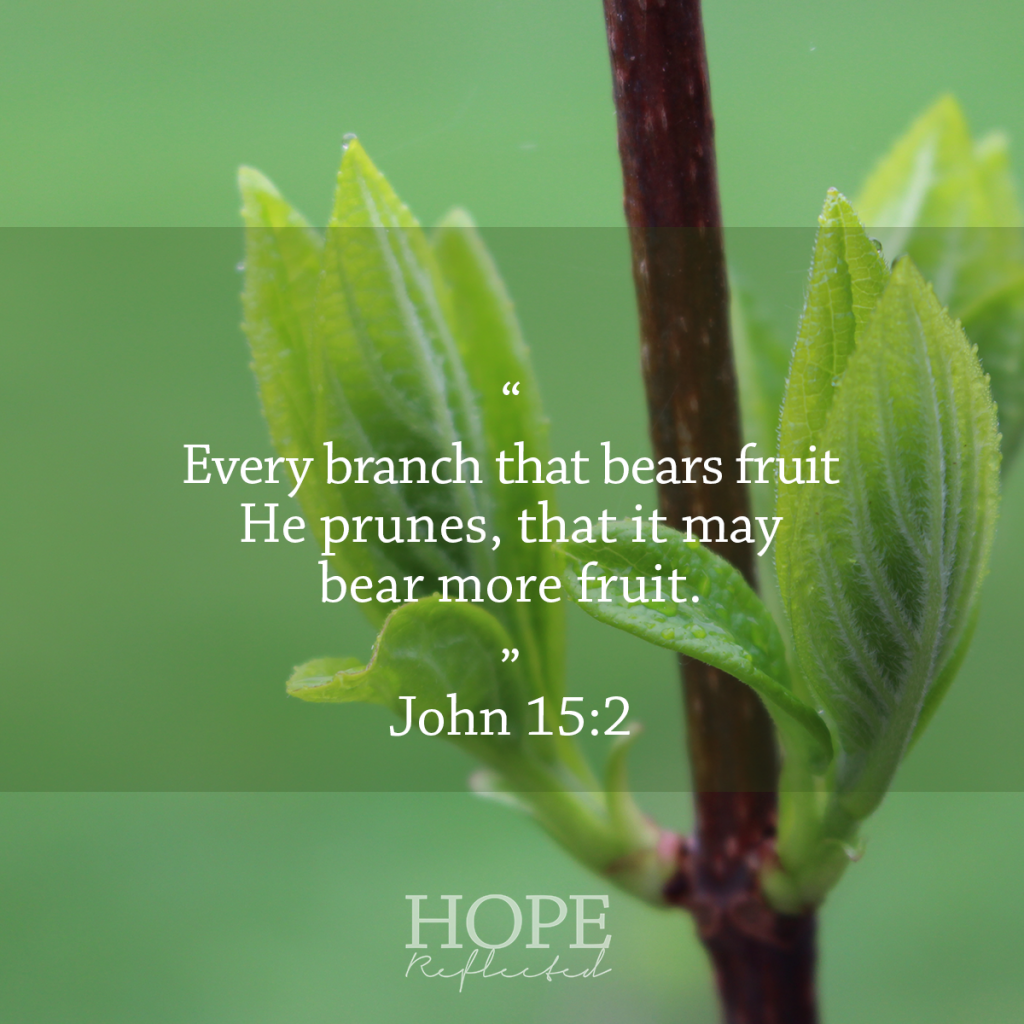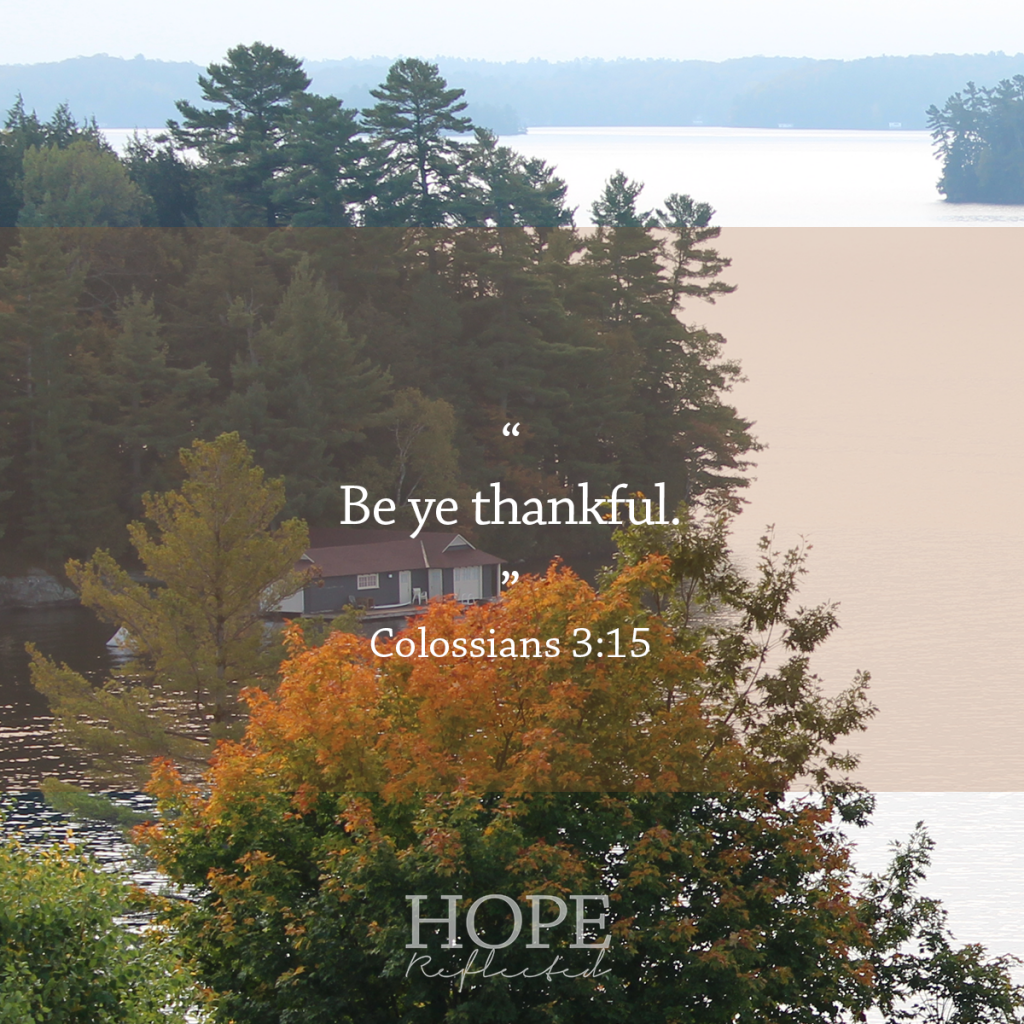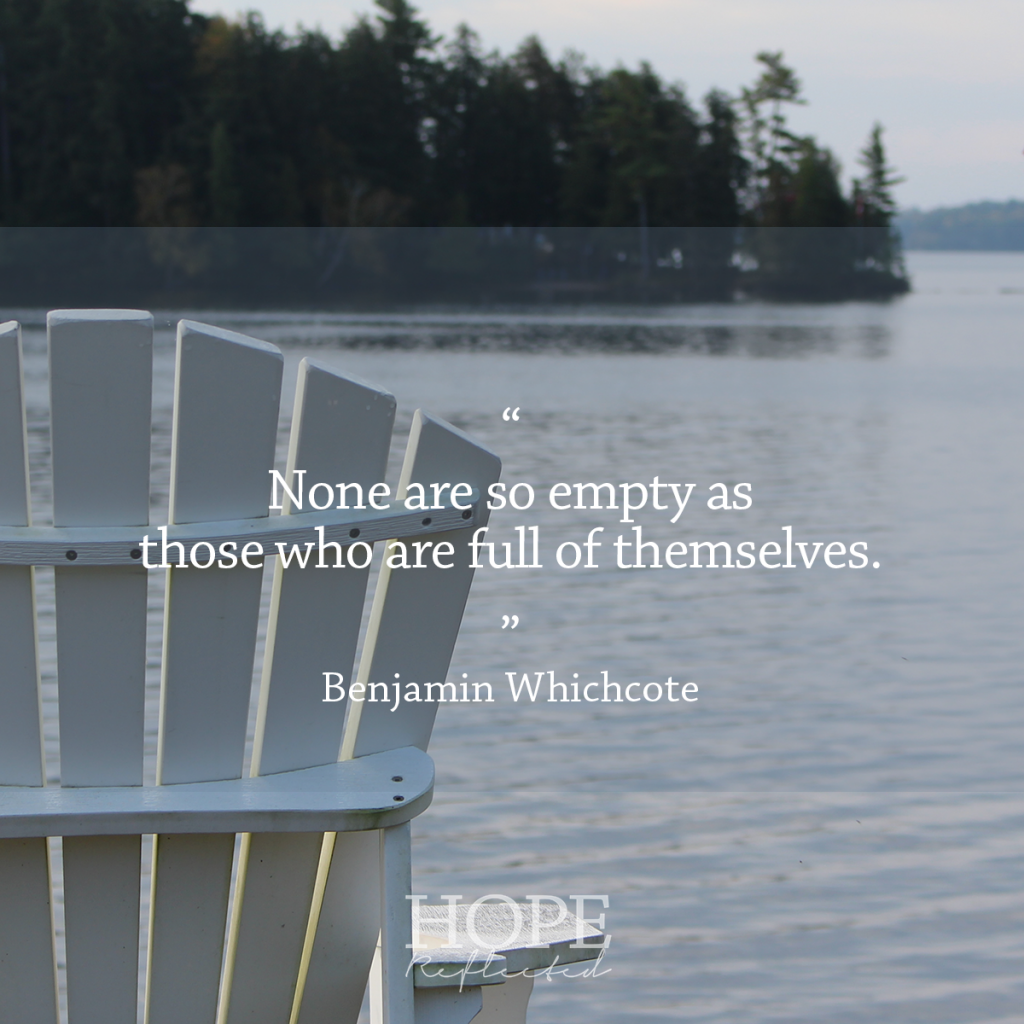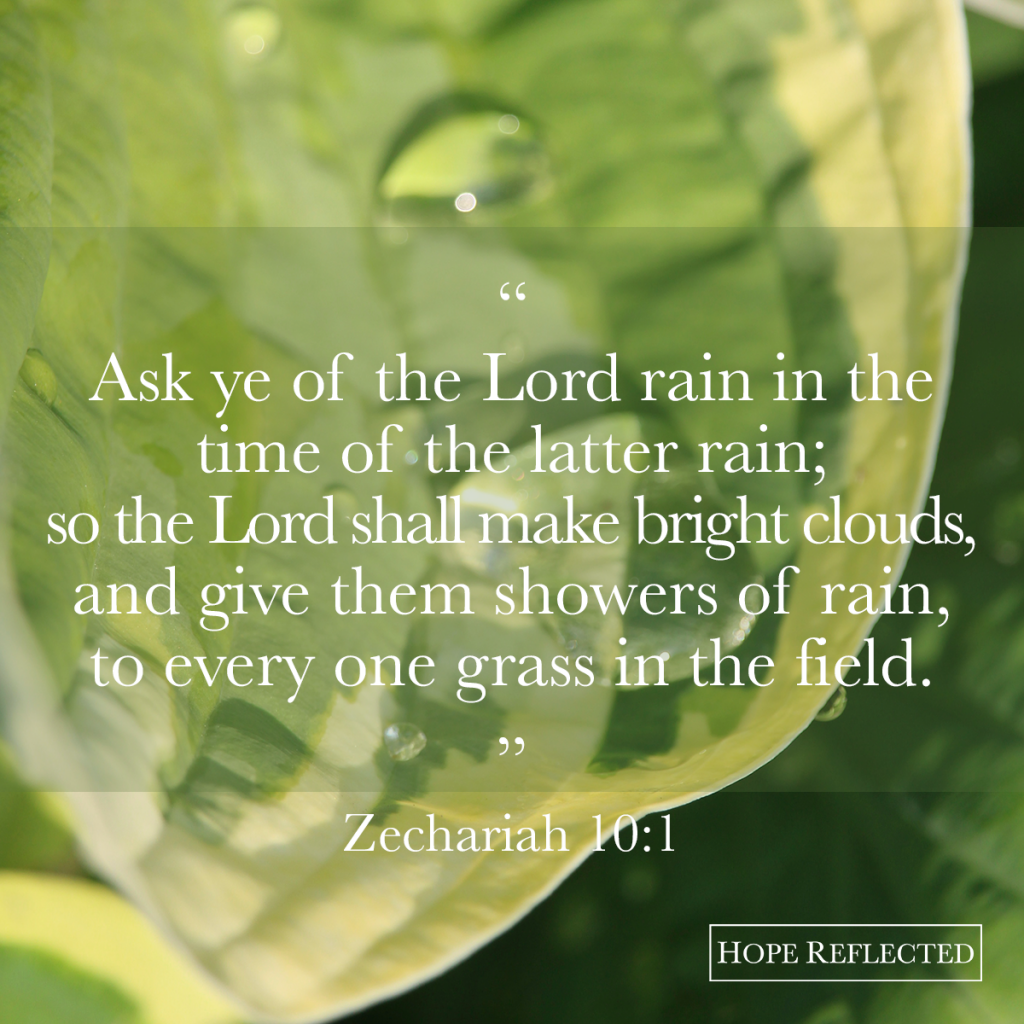Hope Reflected | The Purpose of Pruning
Written by H, Posted in Christian Living, Published Work
The Purpose of Pruning
Pruning requires effort
People have varying opinions about fall; F. Scott Fitzgerald once said that “life starts all over again when it gets crisp in the fall.” John Burroughs once said, “how beautifully leaves grow old. How full of light and colour are their last days.” Whether you look at fall as a new, exciting season, or you look at fall as the time when plants die and go dormant, autumn is a beautiful season that is not without its charms. It’s also a time of year when green thumbs – and wannabe gardeners – prepare their plants for winter. Wes and I usually take our cue from our neighbours when they trim back their hostas.
The type of plant determines the time of year in which you’ll prune – either late winter/early spring, or in the fall – and the purpose of pruning differs depending on what you’re trying to accomplish. This process that we go through with plants reminds me so much of the process that God goes through with us. Jesus said in John 15:1-2, “I AM the true vine, and my Father is the husbandman. Every branch in me that beareth not fruit he taketh away: and every branch that beareth fruit, he purgeth it, that it may bring forth more fruit.”
Pruning encourages plants to thrive. Pruning can help to improve a plant’s health, to promote growth of more flowers or fruit, and also higher quality and larger quantity of blooms. The same can be true in our own lives. When we prune away unhealthy habits or poisonous people, or when God removes certain things from our lives, the results can be incredible. We may not always understand why God prunes the things that He does, but we can be certain that the rewards of being patient during seasons of pruning far outweigh the results of trying to do it our own way. “Wait on the Lord, and keep his way, and he shall exalt you to inherit the land.” (Psalm 37:34)
Pruning can also change the way a plant grows. Take the two hydrangea plants in our yard, for instance. This year, Wes is taking on the task to see if he can change the way the plants are growing, by removing any of the branches that are growing inward. One of the purposes of pruning can be to train a plant to grow in a certain direction or in a certain way. Pruning can help promote healthy growth patterns. As in our own lives, God often uses pruning as a way to alter how we’re growing or to change the direction in which we’re growing. God’s plans are bigger than any of our mistakes, and He’ll often use pruning as a method to turn us around. “For it is God who is at work in you, both to will and to work for His good pleasure.” (Philippians 2:13)
Pruning is an important part of growth. Without pruning, the plants in our garden would enter the spring and summer season still carrying the weight of last year’s now dead growth. Isn’t that just like us? More often than not, we need to let go before we can grow. Someone once said that autumn leaves falling are an excellent reminder of how beautiful it is to let things go. It’s not always easy, but it always best to let go and let God. “Forgetting those things which are behind and reaching forward to those things which are ahead, I press toward the mark for the prize of the high calling of God in Christ Jesus.” (Philippians 3:13-14)
While the purpose of pruning can vary depending on what you want to accomplish, pruning promotes a better, more well-rounded plant. Pruning requires effort – both working and waiting – and the results are always worth it.












![False friends or counterfeit kindness; whatever you want to call it, the world is filled with people who will say one thing to your face and then another behind your back; people who will woo you in order to get something from you.
It’s sad, but it’s true.
The Bible provides us with examples from Joab to Judas, and yet, we’re surprised when we find ourselves deceived and hurt by someone else.
So what are some of the hallmarks of a true friend?
You can read more about this on hopereflected.com [Link in profile]
.
.
.
#friends #friendship #kindness #counterfeitkindness #hurt #proverbs #truefriends #hopereflected #blog #blogpost](https://www.hopereflected.com/wp-content/plugins/instagram-feed/img/placeholder.png)